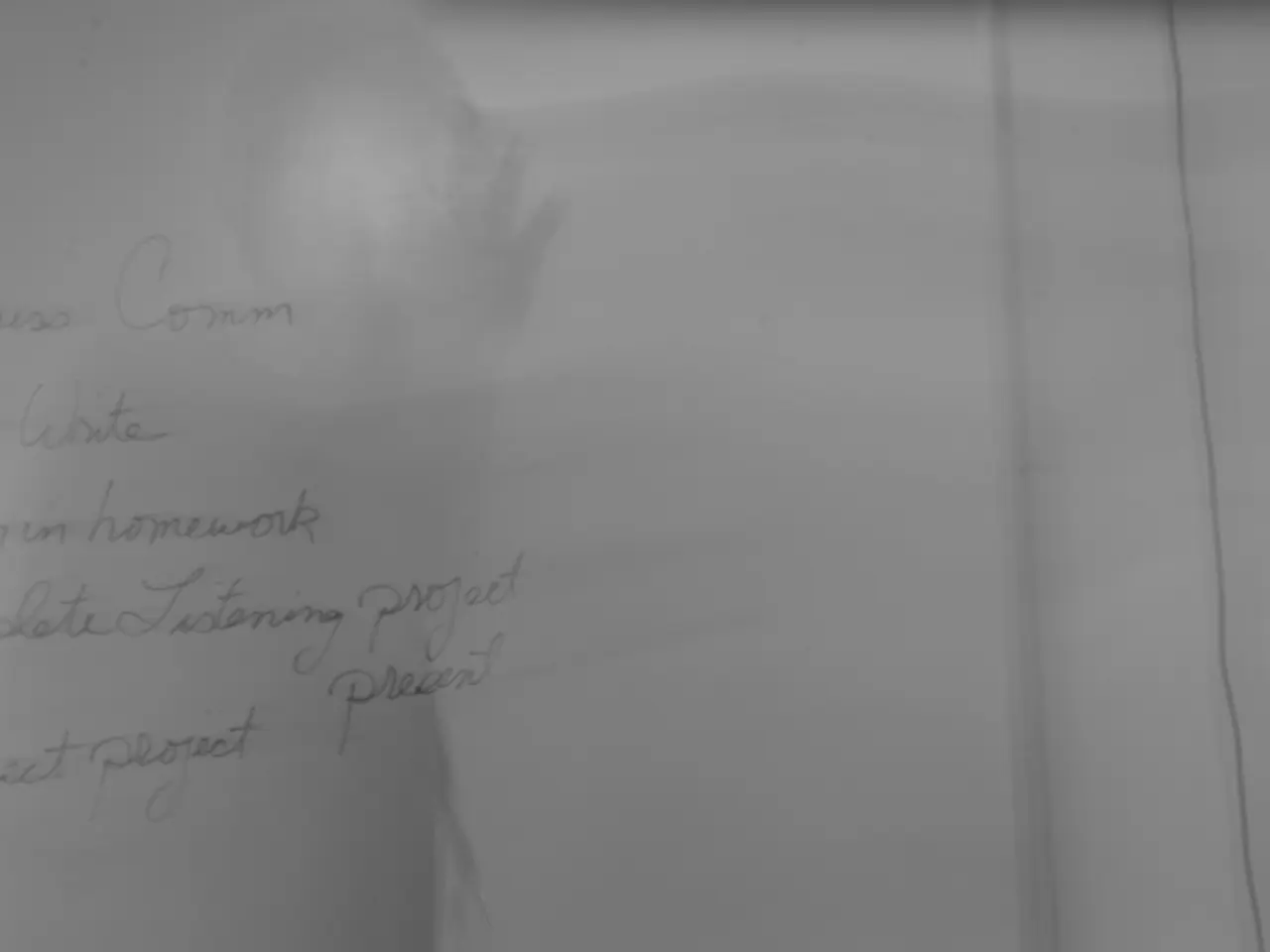SC notes rising popularity of ration cards
The Supreme Court of India has expressed significant concerns about the misuse of ration cards in India, emphasizing the need to ensure that benefits such as food subsidies reach only genuinely eligible, poor households. To address this issue, the Ministry of Consumer Affairs introduced the Targeted Public Distribution System (TPDS) (Control) Amendment Order, 2025.
Key concerns underlying these reforms include the misuse and existence of fake ration cards impacting the allocation of welfare benefits, duplicate ration cards being used to claim subsidies illegitimately, and ration cards assigned to ineligible individuals including underage persons or those with no genuine need.
The TPDS amendment order attempts to curb these issues by requiring e-KYC and Aadhaar linkage, especially for children under 5 years and insisting on periodic revalidation. It also temporarily disables inactive ration cards that have not been used for six months, subject to eligibility verification. A First-In First-Out (FIFO) system for issuing new ration cards with transparency via real-time waiting lists on state portals has been implemented, and a three-month window for beneficiaries holding duplicate cards to revalidate their status has been provided to prevent misuse.
The Supreme Court has been involved in overseeing these reforms and has also directed that documents like ration cards be used carefully. For instance, the Election Commission of India (ECI) told the Supreme Court that ration cards are not reliable proof of citizenship or voter eligibility due to their vulnerability to fraud, leading to their exclusion as standalone valid documents for electoral rolls in Bihar amid ongoing voter verification drives.
Justice Surya Kant, a member of the Supreme Court, stated that the benefit of subsidies should reach the genuinely poor persons and expressed hope that ration card issuance does not involve political elements. He also expressed concern about the plight of the poor. Advocate Prashant Bhushan mentioned that there are around eight crore poor migrant workers registered in the e-shram portal who need free ration, and he pointed out that the Centre did not conduct the 2021 Census, and as a result, around 10 crore people requiring free ration remain out of the Below Poverty Line (BPL) categories.
In a related development, the Supreme Court is hearing a plea in a suo motu case initiated during the Covid-19 pandemic to address the miseries of migrant laborers. The court has expressed concern that ration cards, intended for the poor, may be being used as a "popularity card" and may not be reaching the genuine beneficiaries.
While not directly related to the ration card issue, it is worth noting that an anti-terror operation in Akhal Forest, Jammu and Kashmir, has entered its seventh day.
In the corporate sector, Navratna NALCO's Q1 FY26 net profit surged 77% to Rs 1,064 crore.
References: [1] Government of India, Ministry of Consumer Affairs, Food and Public Distribution. (2025). Targeted Public Distribution System (TPDS) (Control) Amendment Order, 2025. [2] The Hindu. (2023, February 14). Ration cards not reliable proof of citizenship or voter eligibility, says ECI. Retrieved from https://www.thehindu.com/news/national/ration-cards-not-reliable-proof-of-citizenship-or-voter-eligibility-says-eci/article65688391.ece [3] The Indian Express. (2023, March 2). Ration cards excluded from Bihar electoral rolls amid ongoing voter verification drives. Retrieved from https://indianexpress.com/article/cities/patna/ration-cards-excluded-from-bihar-electoral-rolls-amid-ongoing-voter-verification-drives-7863627/ [4] Live Law. (2023, March 21). Supreme Court of India: Ration Cards Not to be Used as Standalone Proof of Citizenship or Voter Eligibility. Retrieved from https://www.livelaw.in/news-updates/supreme-court-of-india-ration-cards-not-to-be-used-as-standalone-proof-of-citizenship-or-voter-eligibility-176731 [5] The Quint. (2023, March 21). Supreme Court Says Ration Cards Cannot Be Used as Standalone Proof of Citizenship or Voter Eligibility. Retrieved from https://www.thequint.com/news/india/supreme-court-says-ration-cards-cannot-be-used-as-standalone-proof-of-citizenship-or-voter-eligibility
Finance ministers must consider the impact of ration card misuse and fraud on the distribution of welfare benefits in business decisions, as the Supreme Court of India has expressed concerns about political manipulation of ration cards and their exclusion from electoral rolls. The misuse of ration cards for illegitimate claims, duplicate ration cards, and assigning cards to ineligible individuals is of significant concern in both politics and general news, as the TPDS amendment order aims to address these issues through e-KYC and Aadhaar linkage, periodic revalidation, and measures to prevent duplicate cards.




